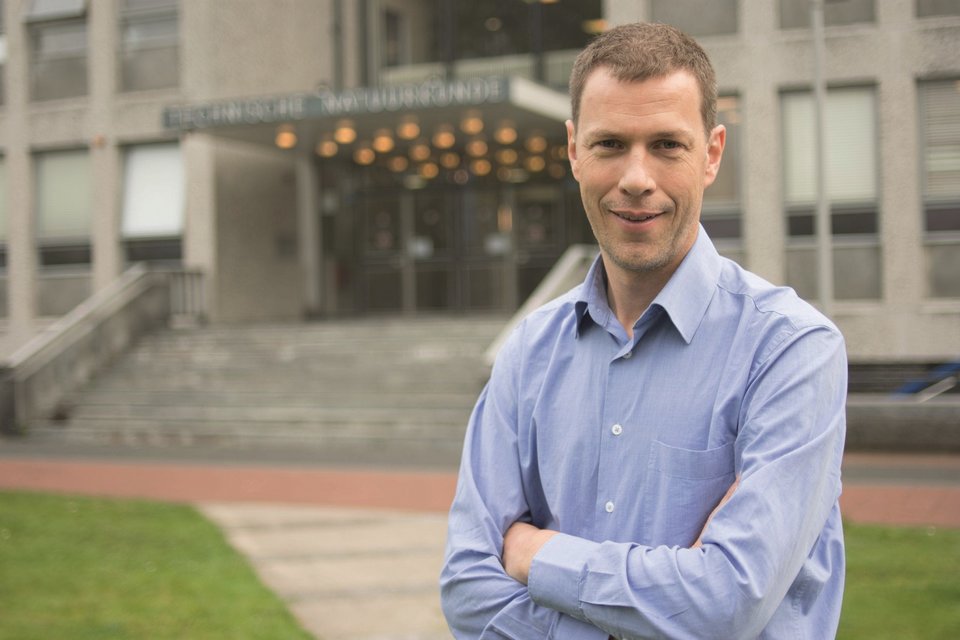An introduction to quantum computing
This magazine is both an introduction into quantum computing and an exploration of its impact on our world. It follows on from our 2019 magazine on the quantum internet. Since 2019, much progress has been made in quantum technologies worldwide. In 2020, for instance, the first European quantum computer came online in Delft. Although this is meant for experiments only, it shows that quantum computing is becoming real.
We aim to present you with a basic picture of quantum computing, and sketch applications for which it can be used. The contents are meant to be accessible, but some texts may be more suitable for readers with a basic understanding of quantum technology. Let that not be a reason to stop exploring: the magazine is meant to be browsed, so you can find the articles that help you learn about quantum computers.
At TU Delft, we see it as our responsibility to investigate and inform you about the impact of the technologies we develop. Hence, we also explore the potential impact of quantum computing on the world: how the expected wave of applications may ripple through society. This exploration is partly guess-work. Quantum computing is a new technology and no doubt more applications will be discovered. Moreover, while as a university we are good at describing what quantum computing is, it will be future users who determine what meaning its applications will have. That is why we also asked the help of experts in and outside of academia when exploring the impact of quantum computing.
This magazine is the result of the work by the Quantum Computing Vision Team. Vision teams are composed of TU Delft scientists and engineers from many disciplines, and with vision teams TU Delft participates in public discussions on technologies. We hope this magazine offers you insights of what quantum computing can bring, and invites you to become part of the discussion of how we can make quantum computing meaningful to you and to society.

Tim van der Hagen
TU Delft has taken scientific and technological leadership in developing quantum technologies. Research at QuTech and at the Faculties of Applied Sciences and of Electrical Engineering, Mathematics & Computer Science is bringing quantum computation and quantum internet closer to realization. But what will be the impact of this on society and industry? As part of our social responsibility, we should also investigate this aspect of any new technology we work on. With that in mind, TU Delft’s Executive Board launched an inquiry into the impact of quantum technologies, and you can read the outcomes in this magazine.